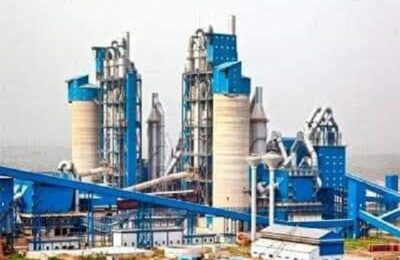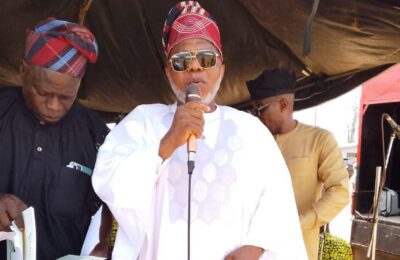The endless journey of marginalization in Kogi State since its creation in 1991 (22 years ago) began with the people of the Central and the West Senatorial Districts occupying all the available seats in the train driven by a winner-takes-all driver. The Central Senatorial District have decided to collectively alight from the train leaving only the Okun people of West Senatorial District in the aura of helplessness occasioned by our inability to speak with one voice amidst the divide and rule tactics in governance that has unfortunately been achieving the desired result to the disadvantage of our people.
Today, the people of the Central Senatorial District are in the position to sing a different tune on the political terrain of Kogi State if their upward movement in state appointments today is anything to go by. This is happening right under our eyes and as opposed to the backward movement of our people in the scheme of things fuelled by self-centredness to which we have myopically remained glued.
How feasible is the possibility of our alighting from this train in spite of the avalanche of eggheads and the who is who in all fields of endeavour known to man in and outside the shores of Nigeria in the face of our contentment with eating of falling crumbs from the state’s political table?
Here is the distribution of political appointments in the state as at October 2013. Whereas the Igalas have 19 commissioners and the Ebira 10, the Okuns have only four commissioners! As for Special Advisers, the Igalas have 57, Ebiras 33 and the Okuns eight. The Igalas also take the big chunk of Senior Special Advisers with 32, flowed by the Ebiras 24 and four for the Okuns. The same picture of lopsidedness is reflected in the number of permanent secretaries where the Igalas have 32, Ebiras 24 and the Okuns four.
Although Kogi East represents only 45 per cent of the 3.3 million Kogi State population in the 2006 national census, with Kogi West and Kogi Central accounting for 55 per cent of the population, successive governments from Abubakar Audu through Ibrahim Idris to Idris Wada, have always used a sharing formula that varies between 70:30 to 80:20 ratio of state resources and political offices between the East and the remaining two senatorial districts.
Yet Kogi East contributes the least internally generated revenue (IGR) of seven per cent, compared to 72 per cent from Kogi Central and 21 per cent from Kogi West. As much as 80 per cent of all capital projects go to Kogi East while Kogi West gets 15 per cent and Kogi Central gets a paltry five per cent.
Of the 28,000-strong state civil service, Kogi East alone has 24,621 as at November 2012 while Kogi West has 6,519 and Kogi Central 4,069.
How long will this trend continue?
• Odunayo Joseph wrote from Lagos



